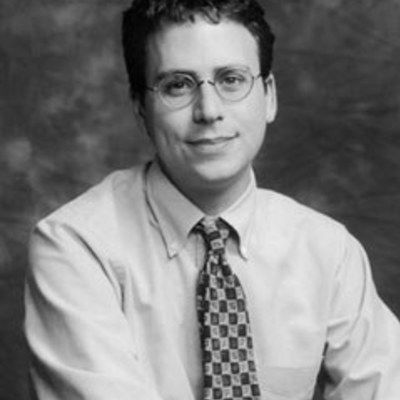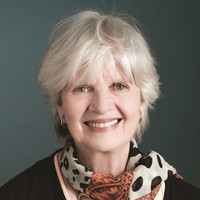When ‘Angels in America’ Came to East Texas
Twenty years ago my hometown made national headlines when the local college staged an internationally acclaimed play about gay men and the AIDS crisis. The people I grew up with are still feeling the aftershocks.









